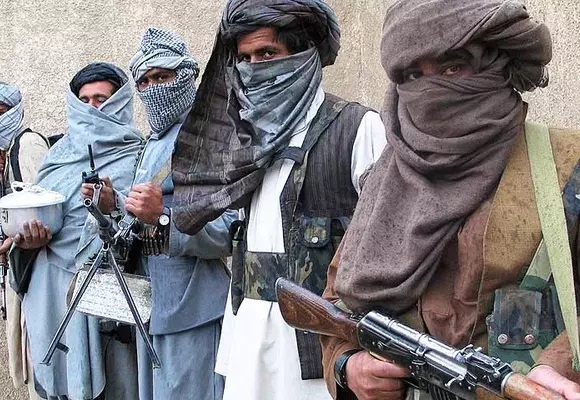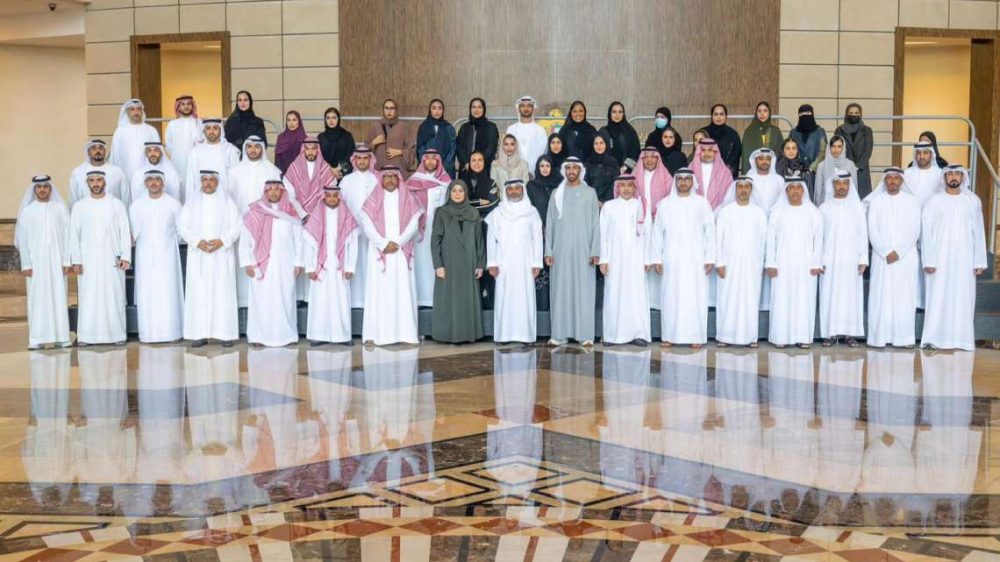Since 1990, at least 65 people have been lynched on false blasphemy charges across the country. Several dozens men and women remain on death row. Last year, 330 people were accused of blasphemy in 180 cases. In Punjab, there are 587 prisoners in various jails, of these 515 are under trial, including 508 male, six female, and one juvenile prisoner, all charged with blasphemy … A special report on Pakistan’s blasphemy cases by Dr Sakariya Kareem
A mentally disturbed woman was falsely charged and sentenced to life imprisonment under draconian blasphemy law in Pakistan in the latest in a series of punishments meted out by the state against women, minorities and other deprived sections of the society.
The woman, accused of burning pages of the Quran, strongly refused to dishonour the holy book but the judge was adamant to believe the prosecution story despite several flaws. The foremost being that the complainant was the local police which was not present at the time of alleged incident. A neighbour had complained to the police but was not listed as the complainant.
In March 2024, two students, aged 17 and 22, were given life imprisonment for sharing an alleged blasphemous media on WhatsApp. Both the youngsters denied the charges but the judge was not inclined to believe them, as always.
A month earlier, in February, a tiny ray of hope came in the form of the Supreme Court Chief Justice setting an Ahmadi man free in a blasphemy case. There was a sudden outburst of protest among the Sunni community. The fire was stoked by extremist group, Tehreek-e-Labbaik Pakistan (TLP) which took to the streets in different parts of Pakistan against the Chief Justice. In several madrasas across Punjab, protest meetings were held where threats were issued to the Chief Justice.
The protests spread like wildfire across the country–Ahmadi places of worship were demolished in Karachi, in Bahawalpur, an Ahmadi leader was shot, in Kotli graves were destroyed and in Faisalabad, a protest was organised outside the biggest hospital. A year ago, a rampaging mob, led by TLP leaders, had torched several churches, Christian homes and shops in Punjab over false blasphemy charges. The two of the accused have since been released from charges.
One recent incident summed up the vicious atmosphere in Pakistan. In Lahore’s Ichhra market, one young woman came out to shop when she was surrounded by shouting, aggressive men. Her fault was that she wore a dress with Arabic notings printed on it. The mob accused her of blasphemy although the word had a connection with Islam. The horrified woman could have been lynched there and then but for a brave young woman police officer who confronted the mob and took the girl away to safety.
She could have become just another statistic–the number of persons killed in blasphemy cases. Since 1990, at least 65 people have been lynched on false blasphemy charges across the country. Several dozen men and women remain on death row. Last year, 330 people were accused of blasphemy in 180 cases. In Punjab, there are 587 prisoners in various jails, of these 515 are under trial, including 508 males, six females, and one juvenile prisoner, all charged with blasphemy.
Between 1987 and 2023, over 2,449 people had been accused of blasphemy–the highest number of accused were 1,279 Muslims, followed by 782 Ahmadis. The highest number of cases (1770) were reported in Punjab (72%).
The state is not merely a spectator in this morbid game. It is complicit, an active partner in enforcing a series of laws that favour false accusations and put innocents on the gallows. Or being lynched or shot as former Punjab Governor Salman Taseer had been. He was killed by his bodyguard who blamed him for supporting a Christian woman, Asia Bibi, accused of blasphemy. His death led to the birth of TLP, an extremist group which the state has been using to punish minorities for raising their voice against injustice in a country which is increasingly becoming a radical Islamist state.









